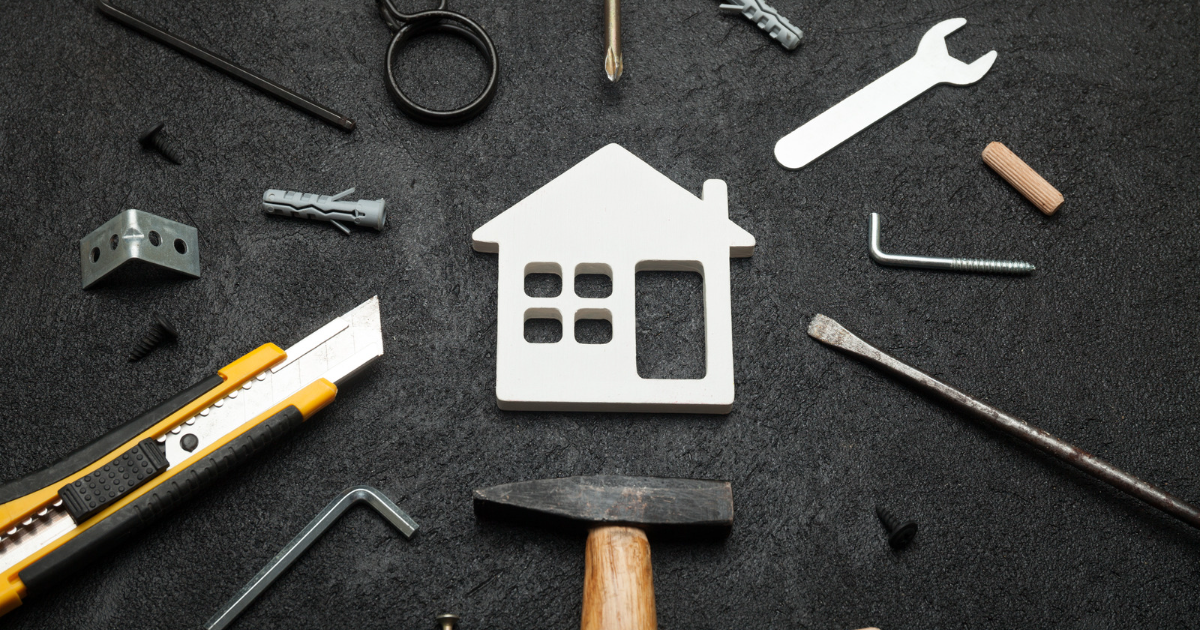Understanding Rental Property Repairs and Their Impact on Your Tax Return
Understanding Rental Property Repairs and Their Impact on Your Tax Return
Blog Article
Hire home ownership comes using its rewards, one of which is the capability to take repair-related costs on your taxes. However, moving duty deductions for repairs could be complicated, particularly when deciding what qualifies as a restoration versus an improvement. Knowledge these distinctions is required for maximizing your tax savings while residing in compliance with IRS regulations. how much can you write off for repairs on rental property.
What Qualifies as a Restoration?
The IRS defines repairs as costs sustained to keep your property in excellent running situation without somewhat increasing its price or increasing its lifespan. Frequent samples of deductible repairs include:
•Correcting a leaky sink
•Repainting surfaces
•Exchanging broken windows
•Patching a ceiling

•Repairing a busted HVAC program
These fix charges are generally completely deductible for the duty year where these were incurred. Appropriate documentation, such as for example receipts or invoices, is a must to ensure eligibility if audited.
Repairs vs. Changes
One common pitfall is puzzling fixes with improvements. While fixes maintain the property's recent problem, changes improve their price, increase their lifespan, or modify it for a new use. As an example:
•Fix: Exchanging a couple of broken tiles is really a deductible repair.
•Development: Improving a complete kitchen with new cabinets and counters could be categorized as an improvement.
Unlike repairs, changes should be capitalized, indicating their prices are recovered with time through depreciation. Therefore, if a task straddles the range between fix and improvement, consult a tax skilled to ensure correct classification.

Limits on Tax Deductions for Repairs
While there is no top restrict to how much you are able to take for fixes on rental property, the cost must match specific situations to qualify:
1.Ordinary and Essential: The price must certanly be typical for house maintenance and essential for its upkeep.
2.Directly Related to Hire: The property must certanly be definitely applied as a rental when the fixes take place.
For example, if you spend $2,000 correcting a top on a hire home, this price can usually be fully deduced without a top if it adheres to the IRS criteria.
Maximize Your Advantages
Understanding what qualifies as a repair and staying apprised of IRS directions allows hire home homeowners to take full benefit of deductible expenses. Keep detail by detail files of restoration prices and, when in doubt, make use of a duty advisor to improve your strategy. Maximizing your deductions is all about enjoying by the principles while making the a lot of the options they provide.
Report this page